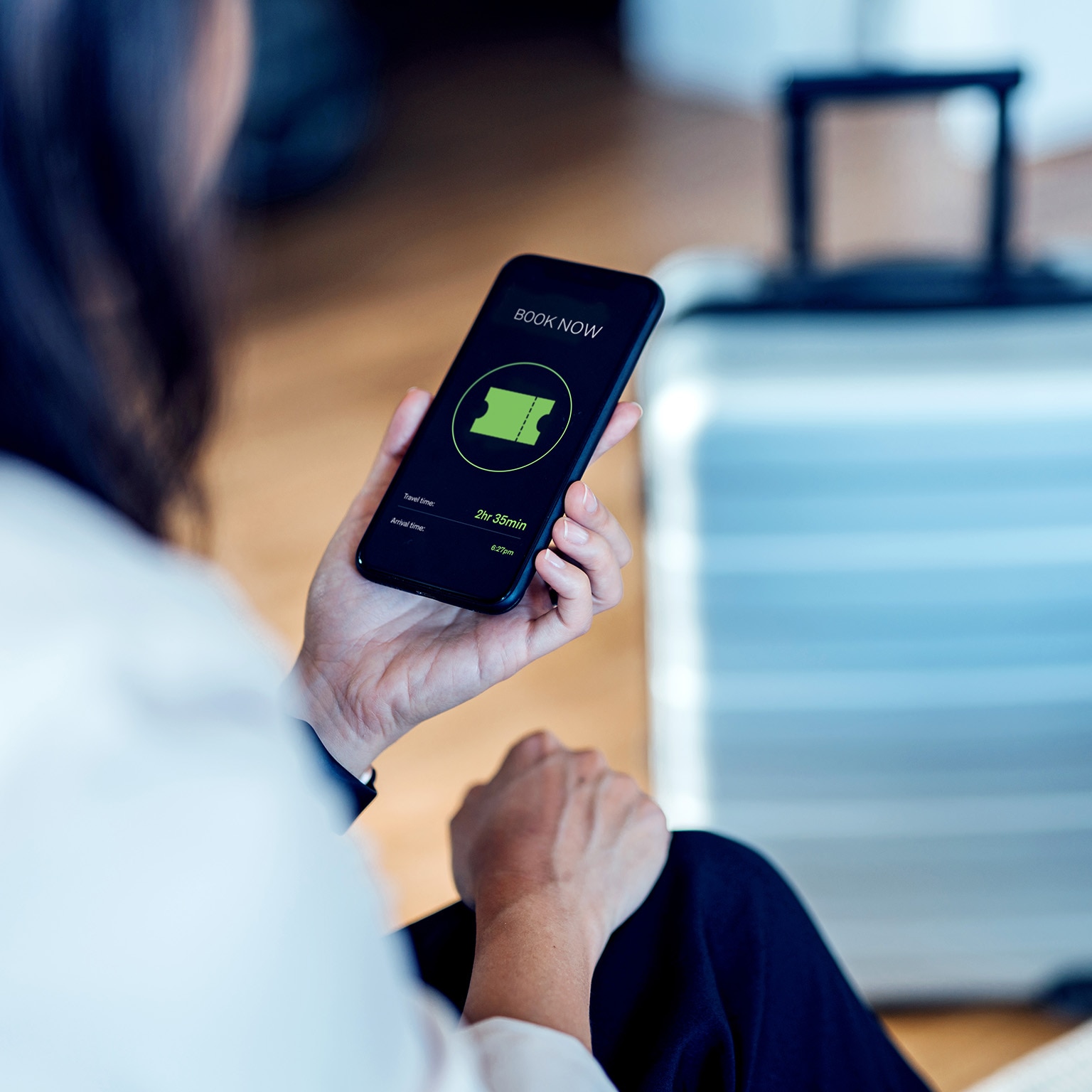How to Move the Stuff You're Worried Movers Won’t Touch
Movers move, but they might not want to move it all.

We may earn a commission from links on this page.
As you're planning your big move, you'll likely find yourself talking to a number of moving companies to figure out which one has policies, prices, and availability that work best for your needs. Through that process, you might be surprised to learn that there are things movers won't touch, though the exact types of objects they won't move do vary from company to company.
This isn't their way of getting one over on you during a vulnerable time, though you might feel like it is. Rather, according to Rob Rimeris, owner of EverSafe Moving Co., "it's about respect and risk."
What moving companies generally won't touch
Rimeris says his company won't move weapons, open liquids, or valuables like personal identification or heirlooms. That aligned with what I heard from a number of other pros, who also mentioned jewelry, cash, paperwork, passports, medication, anything "irreplaceable," anything flammable, cleaning products, fire extinguishers, paint, and fireworks. Some companies won't even transport your plants or perishable food. And, of course, they're not transporting your dog or other pets.
Many pros told me that you should contact your moving company with an itemized list of what you want moved in advance. Your company might be fine moving some of these things and they'll let you know. Get that in writing.
So what do you do with the stuff they won't move?
First, ask moving companies for a written list of what they will not transport, just so you have an idea of what is going to fall under your responsibility and so you can avoid surprise refusals or fees when they get there.
Valuables
Keep your valuables on you during the move, especially things like identification documents, prescriptions, and your birth certificate and social security card. It's a good idea to move those things yourself in your personal vehicle from one home to the next.
Because these things are so important, consider a portable lockbox (around $30 or so). It's small enough to move around with you but can keep everything organized and untouchable.
Hazardous materials
As for any hazardous materials, don't transport those yourself—for the same reasons the movers don't want to. Kris Kay, director of operations at UNITS Moving and Portable Storage, cautions that you should contact local disposal centers for proper handling of anything like gasoline or propane tanks. Tiam Behdarvandan, CEO and founder of Let's Get Moving, says that even a small leak can cause a dangerous situation. Anything old or half-used can be disposed of at a local hazardous waste facility. If you have full canisters of gas or other hazardous materials and don't want to dispose of them, ask your local disposal center for specific recommendations on transport.
Pets
If you're moving locally, Shainaiqua D'Sa, content marketing lead at Attic Self Storage, advises that "children and pets can unintentionally slow down the moving process," so you should arrange for someone to look after them on the day of the move.
You should also flag your vet about the move well in advance. Alex Girard, who recently moved across the country, was surprised to find that his cat needed to be given a "certificate of health" before she was able to fly on a commercial airline to their new city, for instance. Your vet may also prescribe medication to calm your animal down if you have to fly or travel a long distance with them. Seek specific advice on all things travel-related from the vet, like how big your carrying case should be, and contact your airline if you're flying to get information on their policies around animal travel.
Like your valuables, you need to keep pet supplies on you. From food to poop bags, these will need to travel with you personally—and you should pack more than you think you'll need in case of any hiccups. Pet identification, medications, accessories, and a favorite item that smells like you should also be included.
Plants
Plants are tricky. Start by watering them well a few days before the move and then find a box slightly bigger than the pot, stuffing packing materials around it to keep it cushioned inside. (As with valuables and delicate objects, you can use t-shirts, towels, or other soft goods for this.) Then, cover the plant itself with a large plastic bag, like a trash bag. You should move the plant in a sturdy, temperature-controlled environment, like in your personal vehicle.
If you have to fly, it'll be a little more complicated. The TSA allows plants in both carry-on and checked luggage, but you need to contact your airline directly to find out about their policies.
Perishable foods
A few weeks in advance, obviously, try to eat these if you can. Decluttering is the best way to save time, space, and money ahead of a move. Consider donating to a food kitchen, especially if you're moving a long distance. Otherwise, these, too, need to be boxed up and taken with you, whether in your personal vehicle or on a plane. Depending on how far you have to travel, consider picking up a cooler. Travel-safe versions with carry straps can be as low as $15.
The less straightforward objects
There are some items that movers will move (or could refuse on a case-by-case basis) but they, too, are important to mention in advance.
"Like most movers, we do not handle hazardous or prohibited materials like gas canisters, explosives, or chemicals," says Marshall Aikman, owner of Amazing Moves Moving and Storage. "If you need to move something unusual like a piano, a safe, or antiques, make sure to tell us ahead of time because these require special handling and planning."
A few different pros I spoke to mentioned things like pianos and aquariums, actually, and while they will generally move them, they do need to know about them in advance. You might have to pay extra fees for certain objects, depending on what they are and which company you're going with, so get that information in advance to avoid budgetary surprises on the day of the move. If possible, try to move those yourself, but keep in mind that a fee might be worth paying if the other option is literally moving a piano on your own.
If you don't declare these things in advance, fees won't be your only problem. Without advance knowledge of tricky, heavy objects, movers may not show up with the right tools and materials, meaning they can't move those and there's nothing you or they can do about it. In the best-case scenario, they have to take extra time to go get the right tools, which can cost you hourly fees and precious time. In the worst-case scenario, they can't do that and you're stuck there with some huge thing you also don't have the tools to move.
In the event you find yourself in a situation where you have to move a piano, safe, aquarium, or other unwieldy object, you need moving blankets. Matt Graber, co-owner of Cool Hand Movers, says, "If you're doing your own move, don't skip blanket wrapping furniture pieces. It will protect the pieces themselves in transit, but also reduce the chance of nicking walls and doorways with the edges of bulky items." A 12-pack is about $60. Secure them around the object with heavy-duty tape and place sliders under the legs or corners.
Even if you are doing the move yourself, it would be beneficial to contact moving companies for quotes on what it would cost for them to simply help you get these bulky items out of your space and into your U-Haul. Again, movers will move heavier items in most cases, but you have to tell them in advance.









































































































![Building A Digital PR Strategy: 10 Essential Steps for Beginners [With Examples]](https://buzzsumo.com/wp-content/uploads/2023/09/Building-A-Digital-PR-Strategy-10-Essential-Steps-for-Beginners-With-Examples-bblog-masthead.jpg)





















































